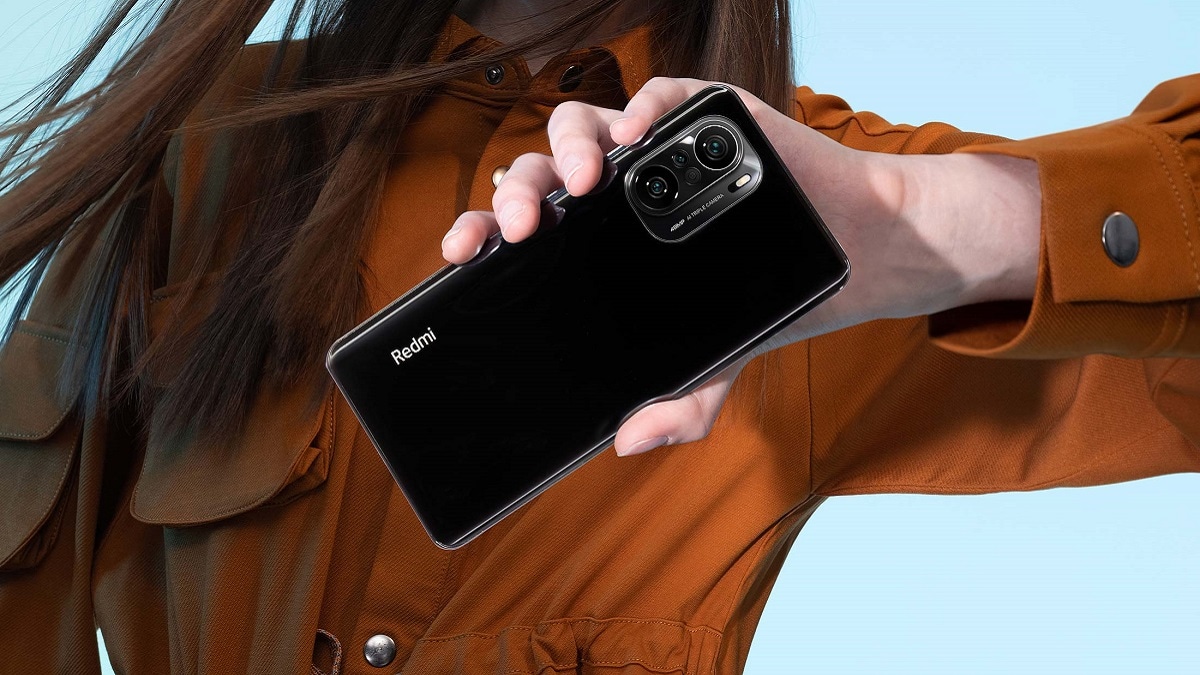We’ve been waiting for the launch of the Poco F2 since 2018. While that may never happen, we might get to see another similarly high-end flagship from the brand in the form of the Poco F3. Here’s everything you need to know about it.
The Poco F1 was launched in India in 2018 by Xiaomi at a very competitive price. It was well-received by critics and fans alike, generating a lot of interest in how its successor would follow up. But in the years to come, the now-independent sub-brand only focussed on budget smartphones in India.
Just when we were about to give up hopes for a new flagship, a new development suggests that it not only exists but might not be too far either. Expected to be announced in the coming months, it will be called the Poco F3 instead — in line with its other smartphone launches in 2021. It will be available in India as well as other global markets, based on the Redmi K40 from China.
Cut to the chase

Poco F3 price in India and launch date
The existence of the Poco F3 is yet to be officially confirmed, but there have been some teasers hinting at it. We expect the phone to debut in India in the coming weeks itself, trying to steal the attention from the many other flagships launching in March. If that is the case, it will be one of the first devices in India to be powered by the Snapdragon 870 chipset.
Poco F3 price in India is expected to be around the Rs 30,000 mark, going up against other affordable flagships. For context, the Redmi K40 in China, which it will be based on, starts at CNY 1,999 (~Rs 22,500) for the base variant with 6GB of RAM and 128GB of storage. The other models are priced at CNY CNY 2,199 (8GB + 128GB), CNY 2,499 (8GB + 256GB) and CNY 2,699 (12GB + 256GB).
Specs and features




Since it’s expected to share most of the spec sheet with the Redmi K40, we have an idea of what to expect from the Poco F3 on this front — unless there are specific changes and customizations for India.
For starters, it will be powered by the Snapdragon 870 chipset. This is the latest high-end platform from Qualcomm, with a 7nm octa-core configuration at up to 3.2GHz. Other phones expected with this processor are the Oppo Find X3 and the iQoo Neo 5. That is paired with up to 12GB of RAM and 256GB of storage.
The Redmi K40 follows Xiaomi’s new Evol design language for better ergonomics. Even with a large 4,520mAh battery, it remains rather slim at just 7.8mm and 196g. 33W fast charging is also supported. The body is IP52-rated for water resistance and comes with dual stereo speakers.
As for cameras, the Poco F3’s counterpart has three of those on the back: a 48MP (Sony IMX582) primary camera, an 8MP ultra-wide lens and a 5MP macro shooter with a 50mm focal length. Shooting modes include 8K video recording, clones, sky replacement, HDR, manual photo and video, etc.
Lastly, the phone has a 6.67-inch AMOLED display (Samsung E4) with a refresh rate of 120Hz and a touch response rate of 360Hz, HDR10+ and a peak brightness of 1,300 nits. The fingerprint scanner is embedded in the power button and supports gestures.
What we want to see

While it’s pretty much confirmed that the Poco F3 will be similar to the Redmi K40, the company has brought slight variations to the Indian models. Keeping that in mind, here’s what we’d like to see on the next Poco flagship.
Poco has always given importance to better specs over design or ergonomics. With a slim 7.8mm waistline, there is a lot of room for a battery bigger than the current 4,520mAh pack. A similar upgrade was seen on the Indian Poco X3, which had a larger 6,000mAh battery.
On the same lines, the 48MP Sony IMX582 is an ageing camera sensor in 2021. With its siblings offering 64MP and 108MP cameras, it’s not far-fetched to want one of those in the Poco F3.
In China, the phone is available in simple colours such as black, white and “Illusion”, which is a light blue to pink gradient. Considering how Poco doesn’t like to portray a cute persona, we could see some more interesting finishes on the F3. Our favourite is the “Mo Yu” (Chinese for ‘demon’) Black colourway that the Redmi K40 Pro offers – a matte black background with diagonal dark grey etches throughout the back.
